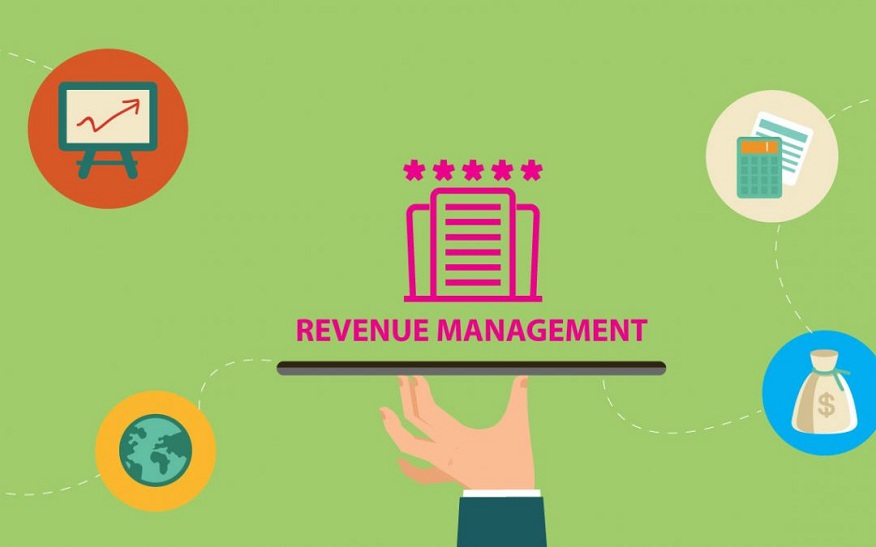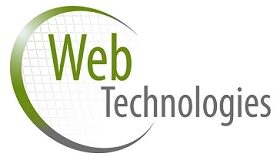Maximizing Profits: Unveiling the Dynamics of Hotel Revenue Management Systems
As part of the changing scene in the context of the hotel industry, the search for sustainable success in the pursuit of earning profits necessitates high-tech methods. Within this pursuit lies the revenue management process entailing collection, interpretation, and manipulation of data for purposes of foretelling the customer behaviors and improving prices as well as supplies to admit more income in the industry. RMS has gained momentum within the hotel industry, thanks to technological advancements. This article unravels the complexities behind the hotel revenue management system focusing on its elements, advantages, and importance for contemporary hotels.

Understanding Revenue Management:
To understand a hotel revenue management system, one must first have some conceptual understanding of how revenue management functions as a concept. Revenue Management is a strategic discipline whose purpose is to ensure that the available inventory and price are in alignment with the market’s demand towards achieving maximum revenue. Typically, revenue management was carried out through manual processes or just intuition. Nevertheless, as the hospitality industry is becoming more complicated and consumers’ behavior continues to be dynamic, a more sophisticated and automated approach has come into place.
Hotel Revenue Management Systems:
HRM System is an advanced software application specially designed by hoteliers for strategic decision-making over pricing, inventory, and distribution. Using sophisticated algorithmic models with real-time input data for optimization of demand based on room rate and availability to achieve optimal revenue. The use of a hotel revenue management system marks a departure from old-fashioned approaches that have relied solely on intuition to determine pricing strategies.
Key Components of Hotel RMS:
Demand Forecasting:
Demand forecasting is one of the key features that form hotel RMS. The systems employ past information, patterns, and several others in a way that precisely forecasts future demands. Hotels can also adjust prices beforehand to respond to anticipated changes in customer behavior patterns.
Dynamic Pricing:
It is worth noting that in many ways the hotel RMS embodies dynamic pricing. The application facilitates the adjustment of room rates based on a wide range of elements including demand patterns, seasonability, competition pricing, and even neighborhood happenings in hotels. Such kind of flexibility allows the setting up of corresponding room prices to keep pace with current market conditions to obtain maximum revenue.
Inventory Management:
Good inventory management enhances effective revenue optimization in a room. A hotel RMS automates controlling inventory and makes sure that rooms are maximally distributed across various channels of supply. This minimizes the chances of overbookings or underselling’s, letting hotels take advantage of all room nights for profitability.
Channel Management:
Effective channel management is essential, considering the spread-out access and increased use of online booking platforms today. One of the features of hotel RMS is the management of different OTAs and other distribution channels. This gives them access to a wider market base while enabling them to manage both price and inventory at various places.
Data Analytics:
The hotel RMS generates a large quantity of data that can be analyzed and interpreted by management for the understanding of guests’ behavior within the market as well as the efficiency of pricing policy. They also equip the hospitality stakeholders with critical information to aid in making informed revenue decisions aimed at improving long-term performance.
Benefits of Hotel RMS:
Maximized Revenue:
First of all, the most apparent advantage of hotel RMS is the ability to enhance revenue. Dynamic pricing and forecasts for demand are used by hotels to maximize revenues from every room. The hotels’ proactive approach to pricing helps them avoid losing profits during peak booking seasons.
Improved Efficiency:
Hotel RMS has one critical characteristic that improves the hotel’s working efficiency and this is automation. Updating the room rates in different channels becomes easier. Moreover, it is easy to monitor competitor pricing and manage inventory using a real-time analytics dashboard. The automation enables the hotel staff members to shift attention that was previously spent on manual administrative processes to outstanding customer care.
Competitive Advantage:
Using an efficient RMS allows hotels to stay ahead of the competition in the market. These hotels strive to be in the trendy market, adjusting to customers’ demands, and providing competitive prices to make them better options for travelers who prefer value for their money. It is for this reason that booking numbers increase as well as market share.
Enhanced Guest Experience:
The guest experience can be enhanced as a strategic benefit of implementing efficient revenue management practices. Hotels should optimize pricing and availability so that they can attract the correct guests at the preferred time. As a result, guests can reserve rooms at prices commensurate with their expectations resulting in increased satisfaction ratings and positive feedback.
Challenges in Implementing Hotel RMS:
It is also imperative to note that although the advantages of hotel RMS are immense, putting these facilities into practice is as challenging as it can be. One key issue confronting the implementation of RMS is the compatibility it has with the other hotel-related systems that already exist. Effective information flow among different departments in a hotel depends on seamless integration, where the whole system works together.
The other challenge is the provision of total training for the hotel’s staff. As RMS is based on high-level algorithms for analyzing the collected data, employees should know how to use the system properly for this purpose. The obstacle of resistance to change is also one of the commonly encountered problems because some would have been used to doing things traditionally and they therefore find it difficult to change to another style of work that involves automation.
Conclusion:
As such, the introduction of hotel and software revenue management systems marks a defining point for the world of hospitality. These systems provide hoteliers with the necessary tools that enable them to make informed decisions, boost their profits, and offer excellent customer service. However, as the industry matures and develops, the importance of hotel RMS will always be an essential determinant for the success of the hotels globally.
Though faced with challenges in implementation, there is enough justification for hotel RMS as it offers a way forward for revenue growth, enhanced efficiency, and competitive advantage in operations. We will have to adopt advanced technologies and continue with constant training and adaptation to maximize this benefit
